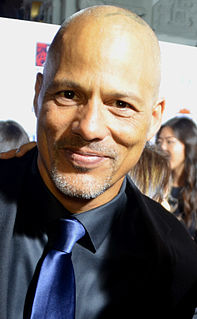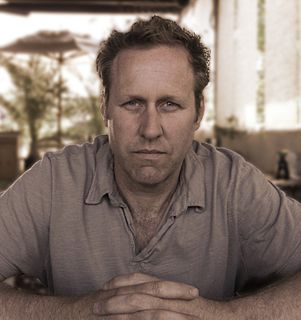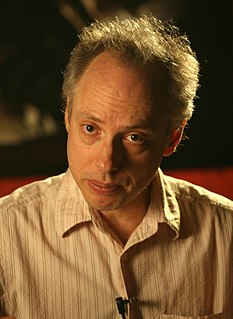A Quote by Jay McInerney
I think it's dangerous to think you know what you're writing. I usually don't know, and usually I just discover it in the course of writing. I envy those writers who can outline a beginning, a middle, and end. Fitzgerald supposedly did it. John Irving does. Bret Easton Ellis does. But for me, the writing itself is the process of discovery. I can't see all that far ahead.
Related Quotes
I hate outlines. I have a broad sense of where the story is going; I know the end, I know the end of the principal characters, and I know the major turning points and events from the books, the climaxes for each book, but I don't necessarily know each twist and turn along the way. That's something I discover in the course of writing and that's what makes writing enjoyable. I think if I outlined comprehensively and stuck to the outline the actual writing would be boring.
Writing objects to the lie that life is small. Writing is a cell of energy. Writing defines itself. Writing draws its viewer in for longer than an instant. Writing exhibits boldness. Writing restores power to exalt, unnerve, shock, and transform us. Writing does not imitate life, it anticipates life.
As for my writing process, there is one truth I have discovered after writing some twenty-plus books: Not every book is the same, but the middle of every book is where I really begin to question my choice of vocations. The beginning and end is usually fairly clear to me, but that middle just sucks the life right out of me.
The process of writing fiction is totally unconscious. It comes from what you are learning, as you live, from within. For me, all writing is a process of discovery. We are looking for the meaning of life. No matter where you are, there are conflicts and dramas everywhere. It is the process of what it means to be a human being; how you react and are reacted upon, these inward and outer pressures. If you are writing with a direct cause in mind, you are writing propaganda. It's fatal for a fiction writer.
To know that one does not write for the other, to know that these things I am going to write will never cause me to be loved by the one I love (the other), to know that writing compensates for nothing, sublimates nothing, that it is precisely there where you are not--this is the beginning of writing.
What makes me put pen to paper? You know, that's the million-dollar question. I've been writing since I've been reading. It's not a question I think that's even meant to be answered, but it's something you always seek to discover the answer to. And the process of filmmaking is one of discovery, and self-discovery at that. Pleasure... it's not exactly what I would call fun, but it's absorbing.





































